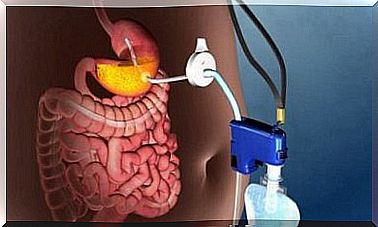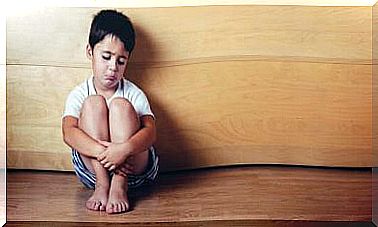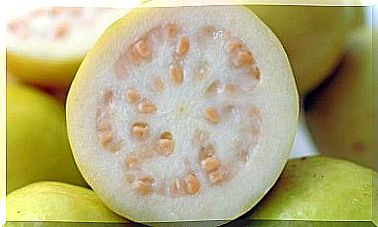Low Creatinine Concentration In The Urine: Treatment Options
Low creatinine values in the urine indicate a disease, but are often not always recognized early. If renal insufficiency is hiding behind it, an appropriate therapy must be started immediately.

A creatinine concentration that is too low is usually not recognized immediately. Doctors often only examine these values in people who already have signs of kidney disease.
Creatinine is a biochemical parameter that is present in the blood and urine and provides important information about kidney function in medicine. For nephrologists, examining the creatinine concentration of their patients’ urine or blood is routine.
In truth, it is a metabolic product of creatine from the muscles. Creatine plays an important role in muscle contractions, but the breakdown product creatinine has no significant functions as far as is known. It is usually eliminated through the kidneys and urine.
The concentration of creatinine can therefore be examined in the blood and urine. The breakdown product first gets into the blood and is then passed through the kidneys into the urine to be excreted.
Usually the family doctor only examines the concentration in the blood, but if a kidney disease is suspected, an examination of the urine is also necessary. A method known as creatinine clearance is usually used for this purpose.
A comparison between the creatinine levels in the blood and in the urine may indicate specific abnormalities. If the concentration is low in the urine but high in the blood, kidney failure is suspected.
Creatinine Clearance
Creatinine clearance makes it possible to determine how quickly the kidneys excrete substances such as creatinine that are subject to urine. So it’s about determining how much creatinine the kidneys are filtering out of the blood.
Blood and urine samples are required to get a meaningful result. The urine is collected for the measurement over the whole day, because the urine collected over 24 hours is the most informative. The doctor then sends the collected urine to the laboratory to have it examined accordingly.
In the laboratory, the biochemist calculates the filtration rate of the kidney glomeruli (gomerular filtration rate or GFR for short) using a mathematical formula. This results in the kidneys’ ability to filter.
The values express how many milliliters of blood are filtered per minute. The following concentrations are considered normal:
- In men: between 97 and 137 mL / min
- In women: between 88 and 128 mL / min
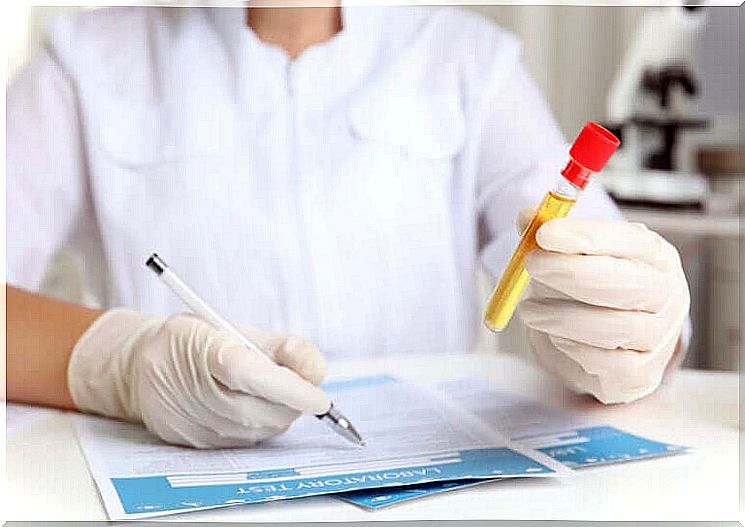
Causes of a low creatinine concentration
If the aforementioned analysis reveals low creatinine concentrations in the urine, the following diseases are suspected:
- Renal Failure: It is a serious problem affecting the urinary system. The kidneys no longer perform their basic function (filtering the blood) satisfactorily. This causes pollutants to accumulate in the blood. An immediate full examination by a nephrologist is required in this case in order to then initiate the appropriate treatment.
- Loss of muscle mass: If the creatinine levels in the urine and blood are too low, muscle mass may be lost. Since the metabolism of the muscle is insufficient, the creatinine concentrations are low. This is common in the elderly and also after very rapid weight loss.
- Diet: People who consume too little protein-rich foods lack the basic building materials for their muscles. This reduces the muscle metabolism and also the creatinine values drop.
- Pregnancy: Kidney function can change during pregnancy. As a rule, the physiological formation of creatinine is reduced. But it could also be a serious sign of a urinary tract infection, or an indication of abnormal blood pressure caused by preeclampsia or eclampsia.
- Autoimmune diseases: Various autoimmune diseases affect the muscles and kidneys. For example myasthenia gravis and some muscular dystrophies. Usually the doctor recognizes these diseases on the basis of other parameters before the creatinine concentration is checked.
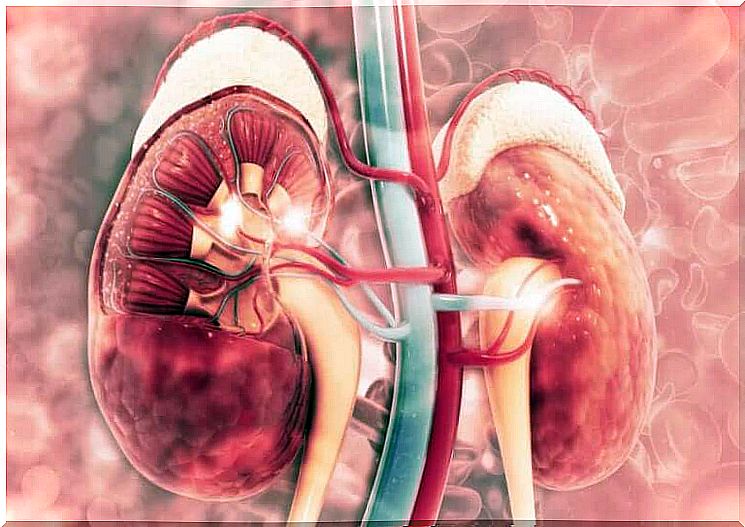
Treatment options
Treatment depends solely on the underlying causes. Renal insufficiency, inadequate nutrition or pregnancy as a trigger for a creatinine concentration that is too low logically require completely different therapies.
If kidney failure is possible, an examination by the nephrologist is required. Various diseases that can cause renal insufficiency require drug treatment and specific care. In other cases, dialysis is essential.
Pregnant women are at serious risk. In this case, the treating doctors use drugs to treat kidney disorders that are allowed during pregnancy. If the problem is eclampsia, a hospital stay is necessary to control specific parameters.
If a low-protein diet is the trigger for the low creatinine levels, or if there is a loss of muscle mass, a corresponding change in diet is essential. In this case, a nutritionist will create an appropriate nutrition plan with the adequate amount of protein and recommend specific exercises to rebuild the muscles.
Examining creatinine levels is very useful in diagnosing certain diseases. If your doctor determines any discrepancies, you should follow their instructions carefully to avoid serious complications.
